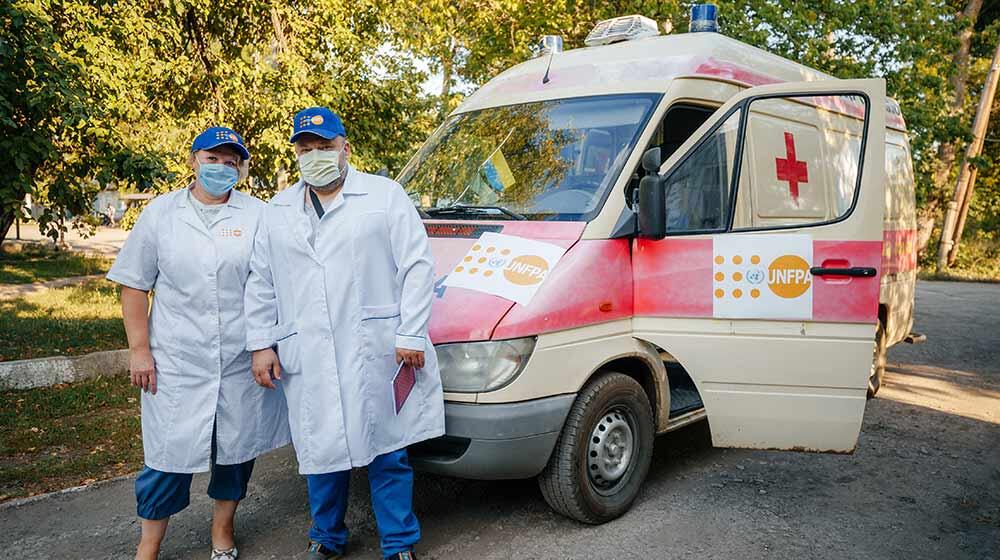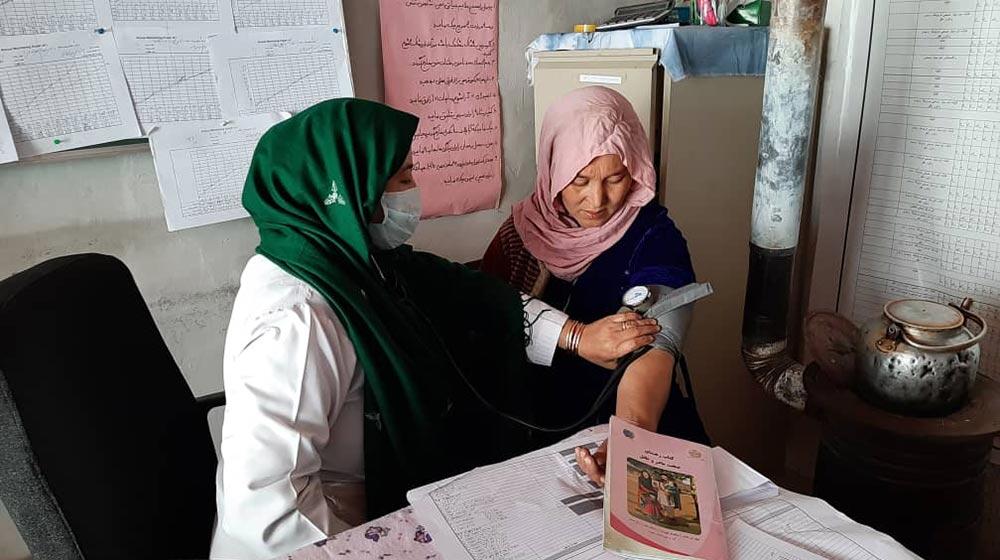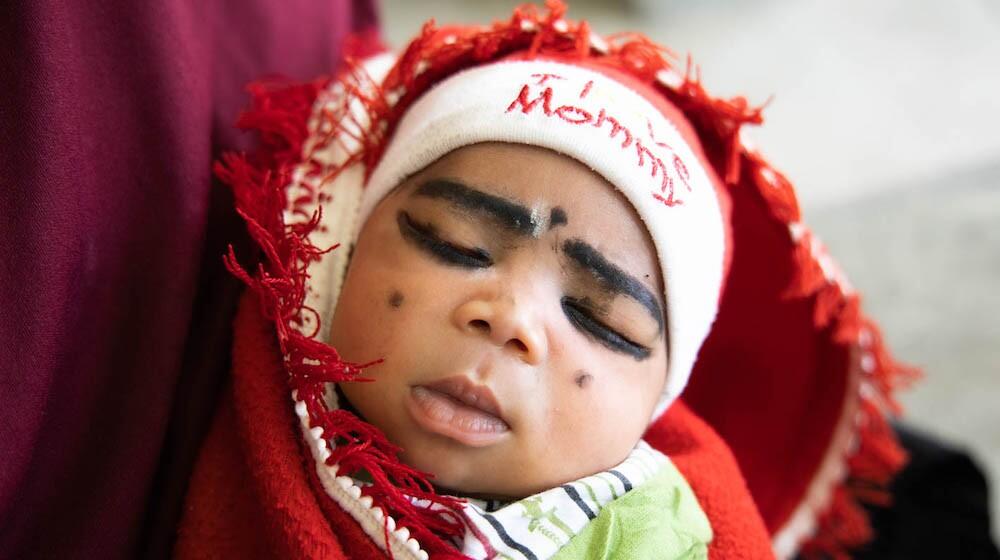Nigeria: Abductions, armed conflict and cholera: UNFPA and partners support women at grave risk
Resource date: 22 January 2019
Publisher: UNFPA
Libya: Working to Improve National Systems for Supplies and Services despite Years of Crisis
Resource date: 22 January 2019
Publisher: UNFPA
Jordan: Securing Supplies for Syrian Refugees while Building Resilience in Jordan’s Health System
Resource date: 22 January 2019
Publisher: UNFPA
The Government of Jordan estimates 1 in 3 inhabitants in Jordan is non-Jordanian. Jordan hosts more than 650,000 registered Syrian refugees and 2.2 million Palestine refugees, as well as other nationalities and migrant workers. UNFPA achieved zero preventable maternal death in Jordan’s largest refugee camp by mobilizing resources, procuring reproductive health supplies, and making services available and accessible to the affected population.
Learn more about this series here.
Iraq: Rapid Response Mechanism Saves Women’s Lives Along the Route to Safety
Resource date: 22 January 2019
Publisher: UNFPA
Millions of Iraqis have fled their homes because of armed conflict, including the Mosul Offensive of 2016-2017, which led to one of the most complex humanitarian interventions in the history of the region. To ensure that lifesaving supplies and services were available, UNFPA and partners deployed a Rapid Response Mechanism (RRM) to provide agile response and save countless lives. UNFPA deployed mobile reproductive health teams along routes of displacement.
Learn more about this series here.
Democratic Republic of the Congo: Mobile Clinics Reach Women Hiding in Fear
Resource date: 22 January 2019
Publisher: UNFPA
Prepositioning Supplies in Disaster-Prone Countries of Asia and the Pacific
Resource date: 22 January 2019
Publisher: UNFPA
Prepositioning reproductive health supplies in areas vulnerable to natural disasters speeds up emergency assistance and saves lives; it also builds resilience in regular supply chains. In 2015, UNFPA established the Regional Prepositioning Initiative with support from Australia’s Department of Foreign Affairs and Trade (DFAT). Supplies are procured and stored at hubs in Brisbane, Australia and Suva, Fiji and in strategic locations around the 11 focus countries.
Learn more about this series here.
The United States Government has cut future funding for UNFPA
United States of America
Donor rankings include UN-to-UN transfers, which are UNFPA's top source of revenue overall.
Effective 1 January 2022, UNFPA adopted a new revenue recognition policy; however, for the purposes of this website, information is presented based on previous policy to allow comparability of information across different years.
Donor Global Statistics


